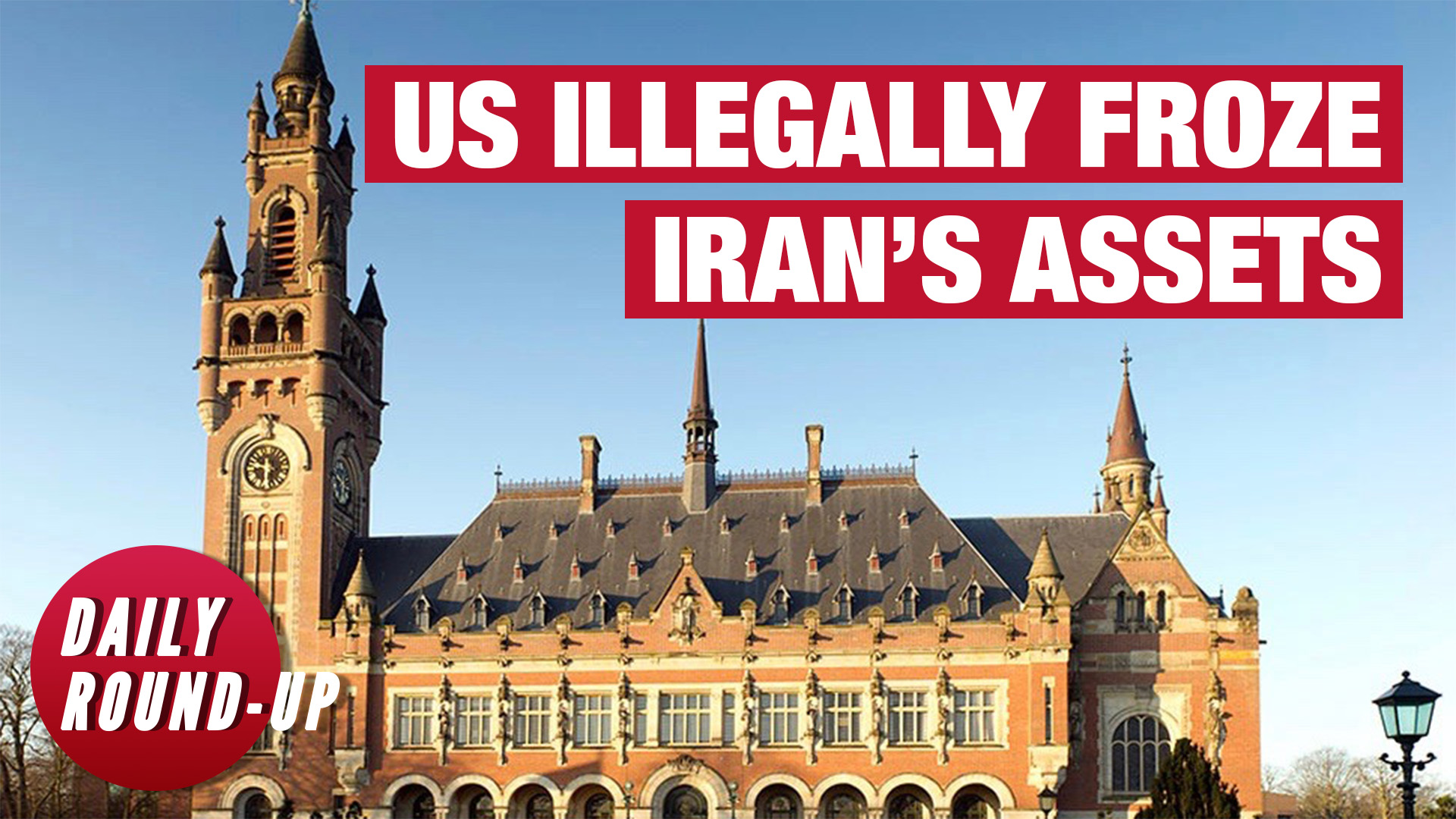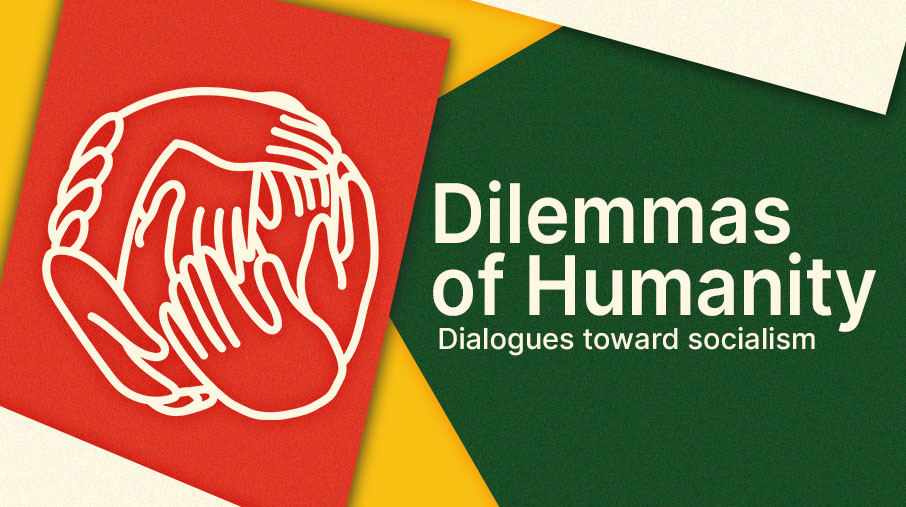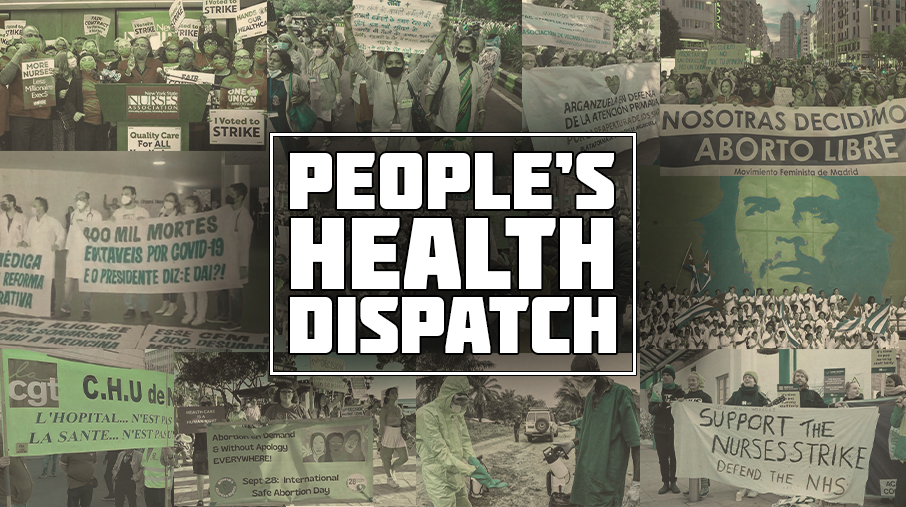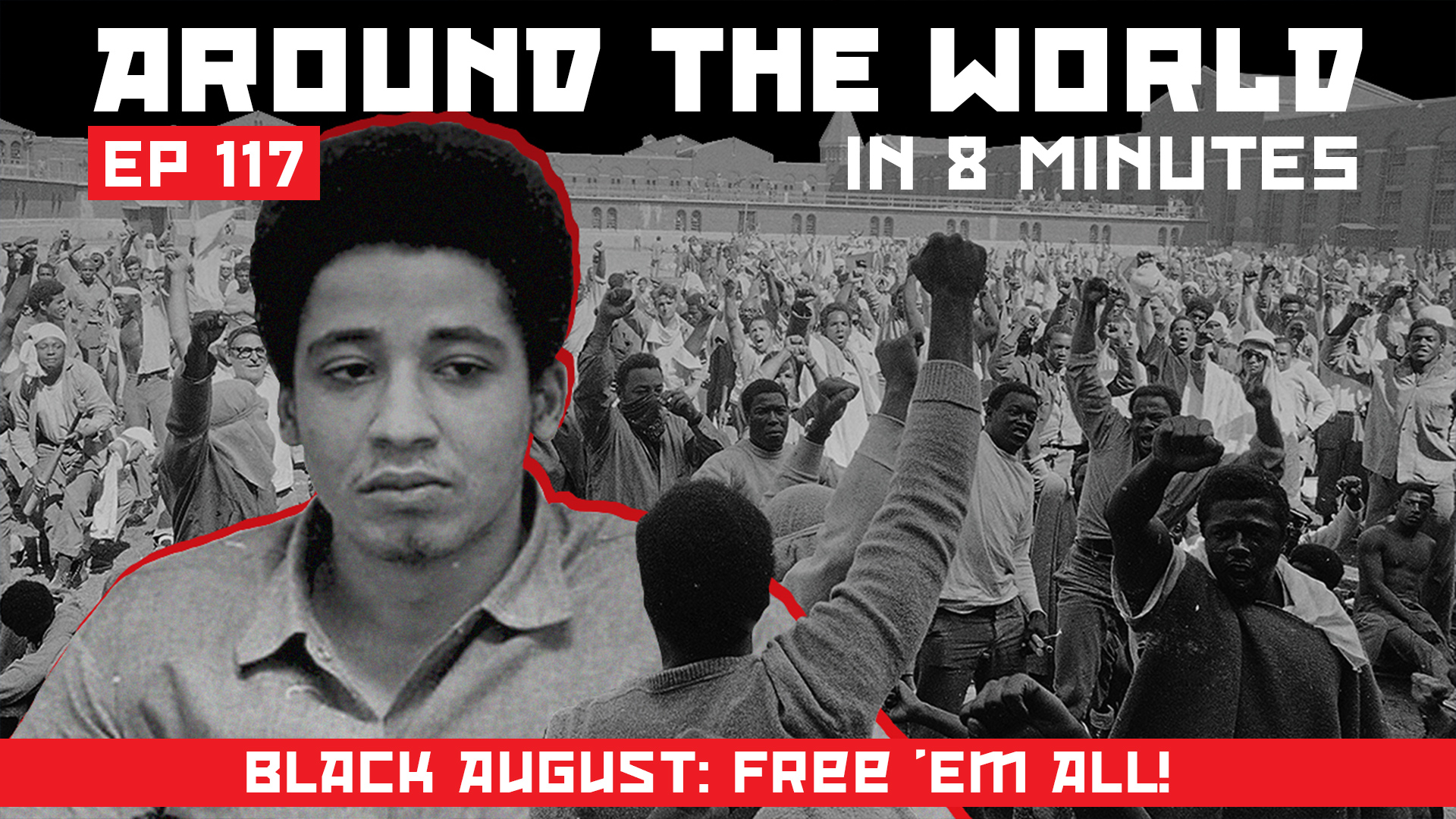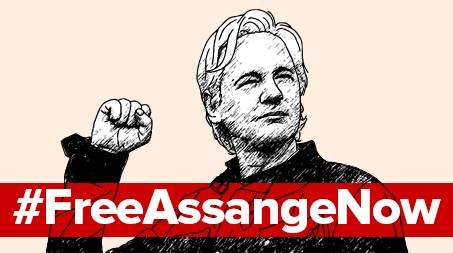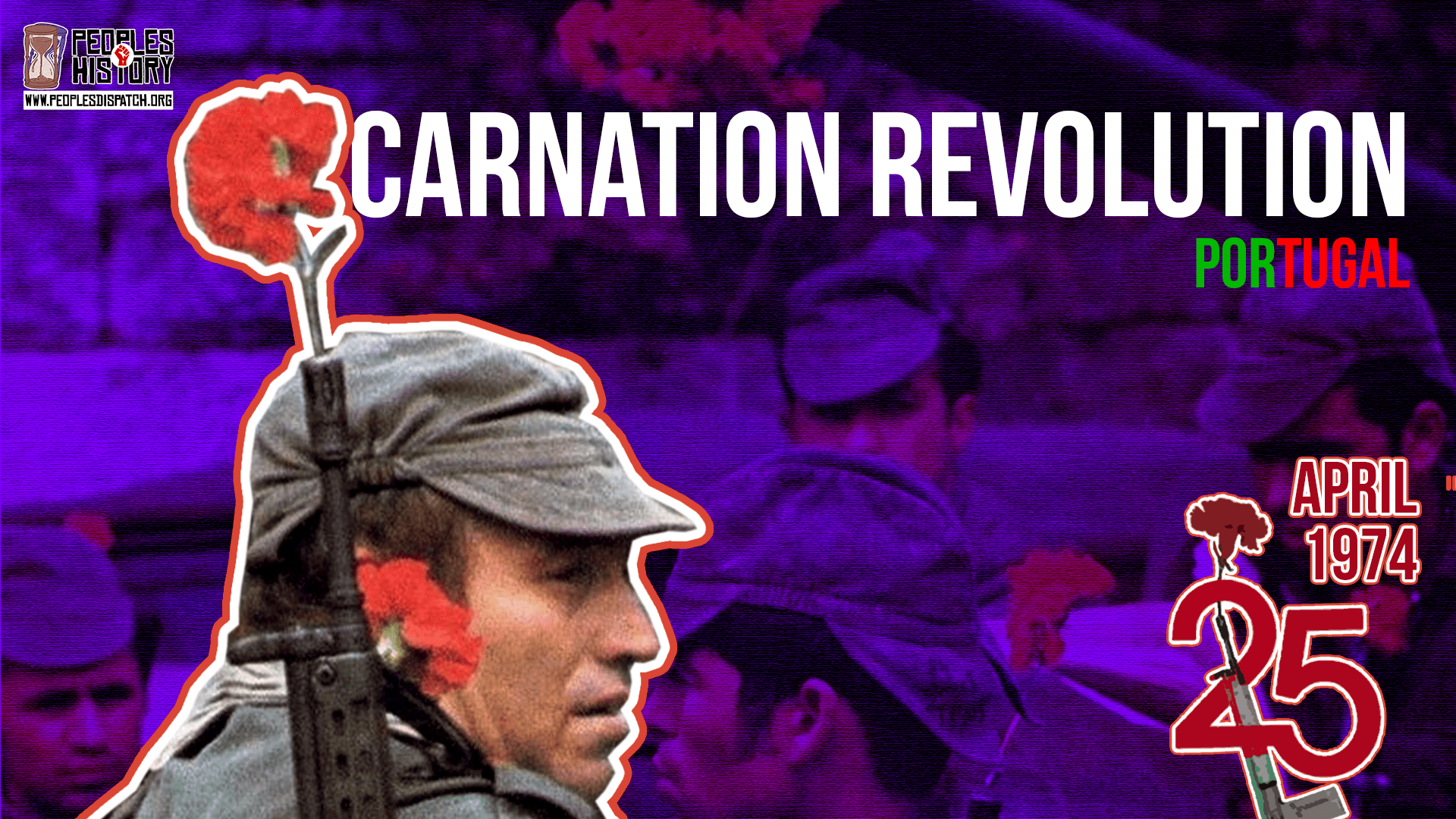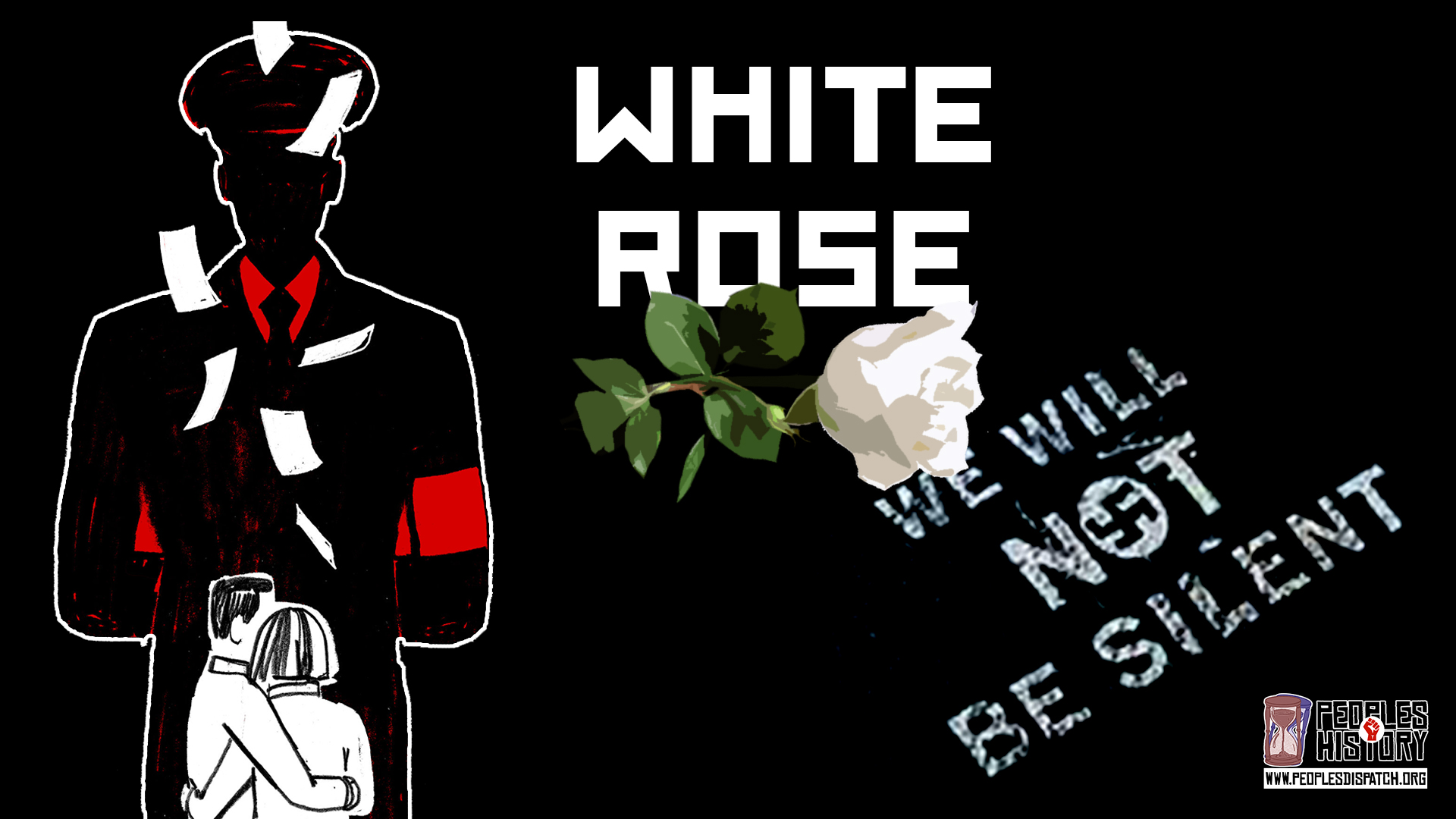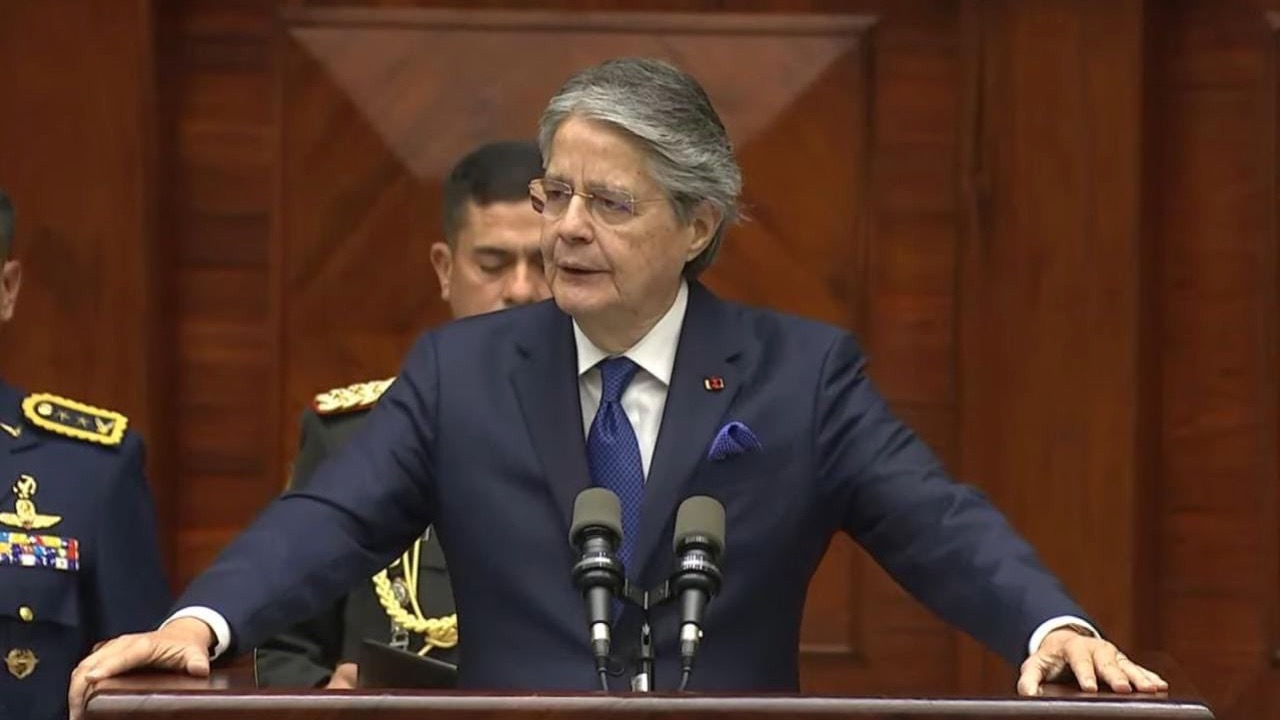 Ecuadorian opposition rejects dissolution of parliament
Ecuadorian opposition rejects dissolution of parliament
The majority of Ecuador’s political parties have rejected the dissolution of the National Assembly, arguing that the grounds established in the constitution to dissolve it, do not exist at the moment
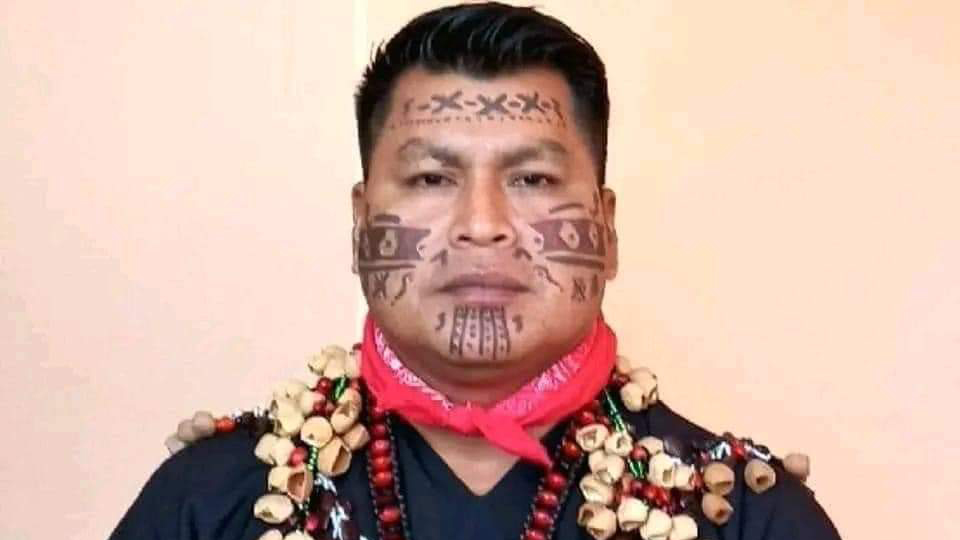 Lasso government responsible for the murder of Indigenous activist, alleges CONAIE
Lasso government responsible for the murder of Indigenous activist, alleges CONAIE
The organization denounced that Mendúa was murdered because of his opposition to oil companies in the Ecuadorian Amazon
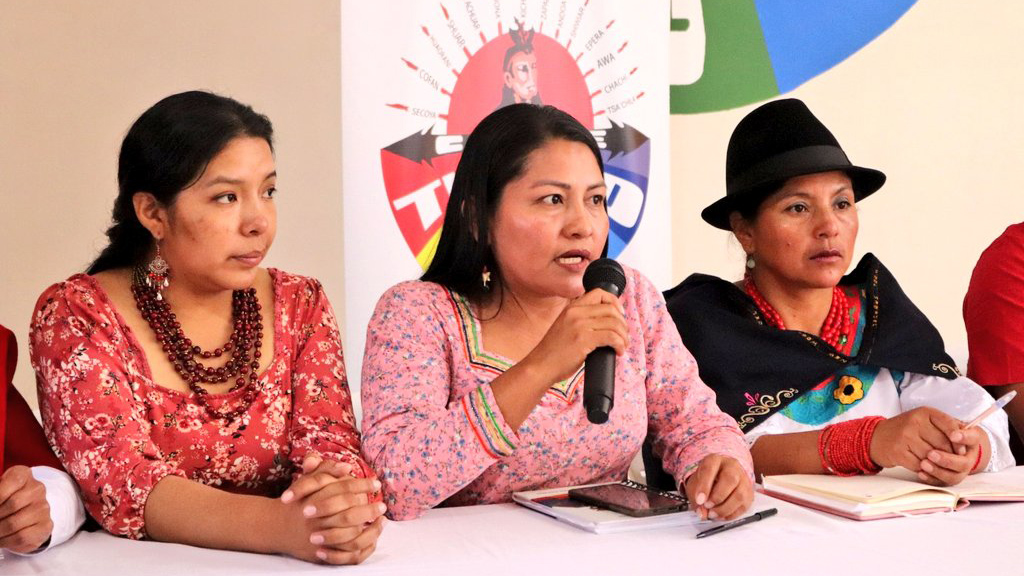 Ecuadorian social movements, left parties reject President Lasso’s “national agreement”
Ecuadorian social movements, left parties reject President Lasso’s “national agreement”
Following Lasso’s call for a “national agreement,” social organizations and progressive political parties rejected dialogue, criticizing Lasso’s neoliberal policies
 Indigenous organizations and government conclude negotiations in Ecuador
Indigenous organizations and government conclude negotiations in Ecuador
The leaders of the CONAIE, FENOCIN and FEINE celebrated the advances made in the dialogue process, but also expressed their discontent, pointing out that agreements on various crucial demands are still pending
 Victory after 2 weeks of national strike in Ecuador
Victory after 2 weeks of national strike in Ecuador
The strike ended after a deal was signed by Government Minister Francisco Jiménez, Indigenous leader Leonidas Iza and the head of the Episcopal Conference, Monsignor Luis Cabrera, who acted as mediator.
 Ecuadorian Indigenous organizations and government reach agreement to end national strike
Ecuadorian Indigenous organizations and government reach agreement to end national strike
Indigenous organizations and the government of President Guillermo Lasso reached consensus on the most substantial demands and agreed to continue discussing the pending ones and find a solution to them in the next 90 days
 National strike in Ecuador completes 15 days, struggle continues
National strike in Ecuador completes 15 days, struggle continues
Ecuadorian peasant, Indigenous and Afro-descendant organizations have vowed to continue fighting against poverty and deep inequalities in the country, despite persecution, criminalization and repression by the state
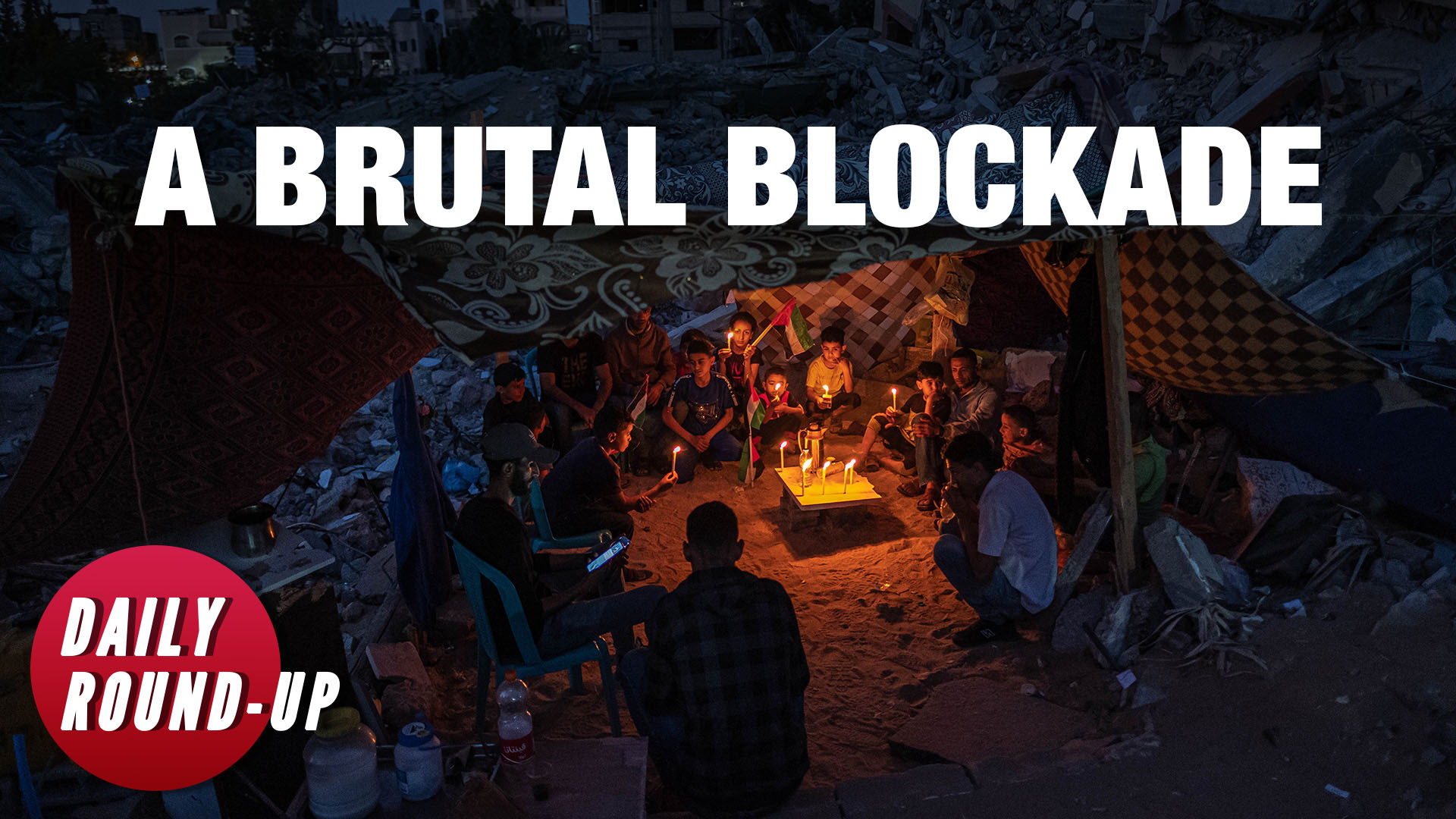 Daily Round-up| Impact of Gaza blockade and more stories
Daily Round-up| Impact of Gaza blockade and more stories
In this episode, we bring you stories from Palestine, , the deal between the EU, Egypt and Israel on natural gas, protests against red-tagging in the Philippines and the release of an Indigenous leader from Ecuador
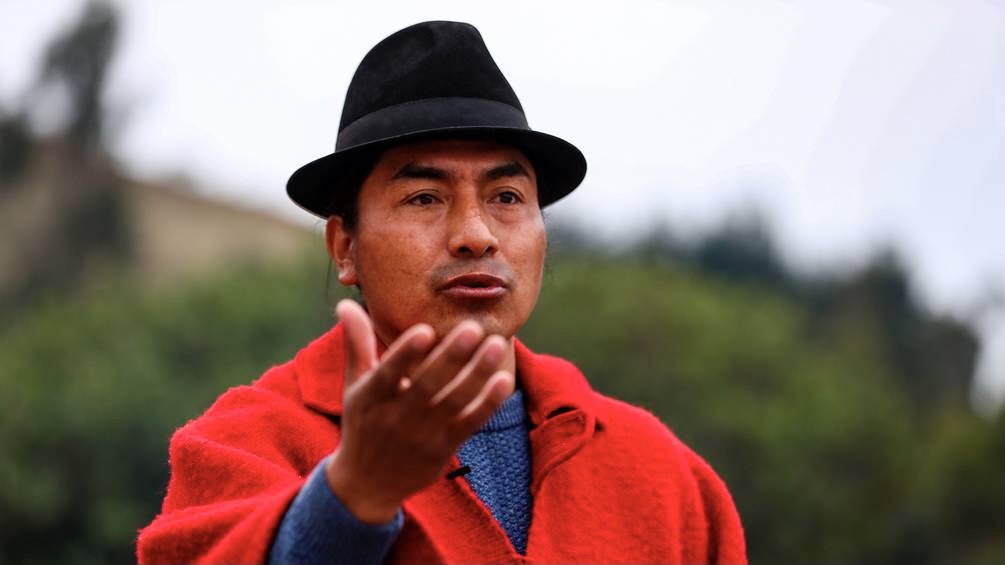 Ecuadorian Indigenous leader Leonidas Iza released on parole
Ecuadorian Indigenous leader Leonidas Iza released on parole
An Ecuadorian judge ordered Iza’s release and imposed alternative measures to preventive detention, such as prohibiting him from leaving the country and periodically appearing before Cotopaxi’s Attorney General’s Office
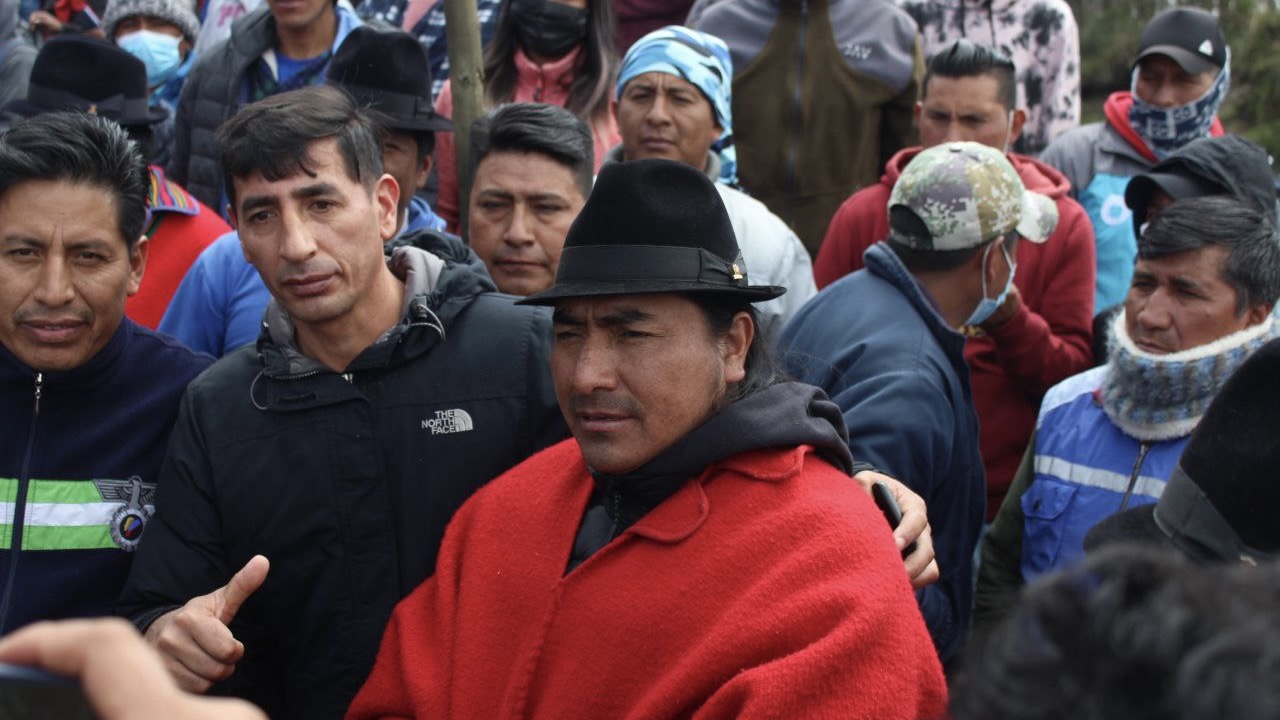 CONAIE condemns wrongful arrest of Indigenous leader Leonidas Iza by Ecuadorian security forces
CONAIE condemns wrongful arrest of Indigenous leader Leonidas Iza by Ecuadorian security forces
Iza’s arrest came after the first day of an indefinite national strike, called by CONAIE among other Indigenous and peasant organizations against the neoliberal economic policies of President Guillermo Lasso’s government, was a success


